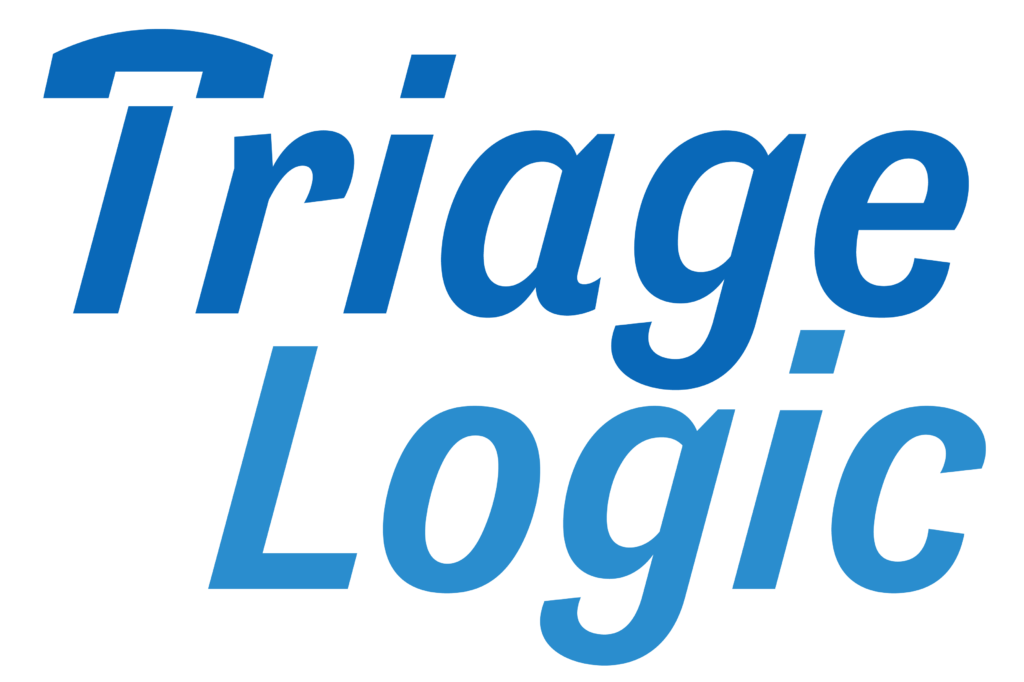As a triage nurse working in a call center, you are bound to have a difficult caller at one point or another. To be effective, it is important to take a step back and put yourself in the caller’s shoes. Remember a time when you or a loved one was sick or in pain. Most likely you were overwhelmed by worry and anxiety. You might have felt frustrated and helpless as you tried to get the answers you were seeking from the person on the other end of the line. In the same way, your caller is likely under stress, and being difficult is his or her way of expressing worry and anxiety.
Compassion is a key trait needed to effectively triage patients. Treating callers with compassion helps them feel comfortable, allowing you to focus on assessing their situation. The key to successfully handling a difficult caller is to communicate in a manner that diffuses the caller’s frustration while keeping both of you from losing your cool.
Here are some examples of common difficult caller situations and how to effectively deal with them:
Angry or Frustrated Callers: These callers can be a challenge, but you can manage the conversation with three steps:
- Listen: Make sure you truly understand the problem or concern. Occasionally interject supportive words or short phrases, such as “I understand” or “Yes, I see.”
- Relate: Apologize in a general or broad sense. You don’t want to admit a mistake if you haven’t made one, but you can show your understanding by saying, “I am sorry about the confusion,” or “I understand how you must feel.”
- Propose an Action Plan: Offer a course of action that will solve the problem. Based on what the concerns are, you can suggest a solution – or at least a step that will lead to a solution. You could say, “I would like to help you; how about if I….” or “I would like to help fix this for you; can I bring my supervisor in on this call to assist you?”
Abusive Callers: These can be the most difficult calls to handle since they feel like personal attacks. Nobody deserves to be abused, and that includes you. Here is a three-step procedure to help you deflect abusive callers:
- Warn Them: Give the client the benefit of the doubt by politely letting them know you want to assist them, but that it is difficult to do so when they are speaking to you in that manner.
- Repeat the Warning: If that doesn’t work, repeat what you said and ask them politely to stop using abusive language. For example, say something like, “As I said, I would really like to help, but I am having trouble focusing on the problem when you speak that way. Please stop so we can work this out.”
- Politely Hang Up: On the third strike, inform the caller that you are no longer the person who can assist him or her, and let the caller know you are going to hang up and have a manager call him or her. Before you hang up, make sure you say, “I am sorry, but I am going to hang up now,” and then do it.
Difficult Situations: Some calls may involve difficult situations that a triage nurse needs to handle. Below are two examples:
- Calls About Abuse or Neglect: Calls that involve abuse or neglect can be difficult to assess. Research findings by the Department of Health and Human Services indicate that approximately five children in the United States die every day as a result of child abuse, making it pertinent that triage nurses are trained to recognize the signs. Asking open-ended questions encourages the caller to speak more freely. The more information you receive about the patient, the better you will understand the situation. Although these calls can be the most challenging, it is important to stay professional, friendly, and empathetic. If the nurse determines that the patient is in immediate danger, the next step is to call 911. Otherwise, the nurse should follow his or her call center policies or contact the patient’s physician for further instruction.
- Callers Seeking Controlled Substances: Most call centers do not allow triage nurses to call in prescriptions for controlled substances or high-risk medications. In the event of calls from a suspected drug seeker, the nurse can inform the caller that she will relay the message to the appropriate physician or provider. It is important to remember that all patients who call with complaints of pain should be taken seriously and directed to the appropriate level of care based on their symptoms, the standardized protocols, and the call center’s policy and procedures.
Conclusion: These are just a few examples of difficult calls that can arise for a triage nurse. The main thing to remember is that nurses are professionally trained healthcare providers, while callers are not.
Overall, the result of dealing with a difficult caller depends on the triage nurse. It is not always easy, but triage nurses need to remember three key things:
- Someone else’s anger is about that individual, not you; therefore, do not take it personally.
- Put yourself in the caller’s shoes, even if you don’t know what is really bothering him or her. Maybe the caller is sick, scared, or tired. We all know how that feels, so remember to treat all callers with empathy.
- Understanding and friendliness go a long way to help appease even the most challenging person. Make it a personal goal to turn around the most difficult callers.
While you cannot prevent difficult calls, you can control your reaction. The best triage nurses prevent emotions from escalating by expressing compassion and maintaining professionalism.
[References: US Department of Health and Human Services; Administration for Children and Families; Administration on Children, Youth, and Families; Children’s Bureau (2013); Child Maltreatment 2012]





